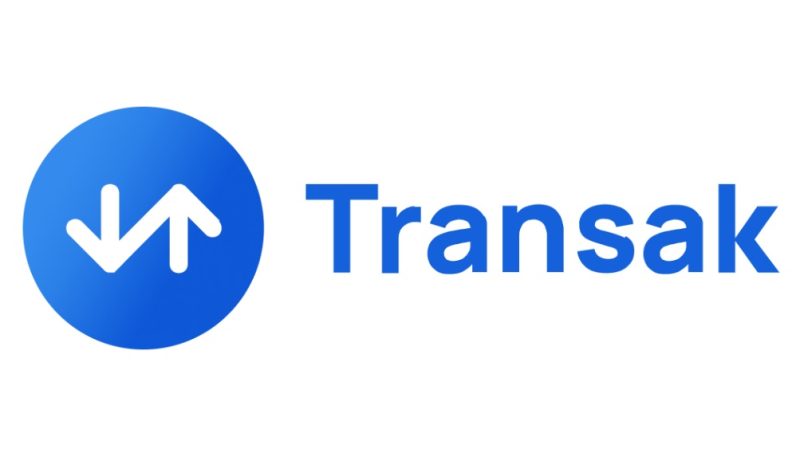Transak, a Miami-based Web3 payments platform, has made significant strides in regulatory compliance, achieving new approvals in both Canada and the United States. These developments are set to strengthen Transak’s operations in North America’s growing cryptocurrency market as the company pursues wider market access across the region.
Regulatory Milestones in Canada and the U.S.
In Canada, Transak successfully registered as a Money Services Business (MSB) with the Financial Transactions and Reports Analysis Centre of Canada (FINTRAC). This registration subjects Transak Canada to strict anti-money laundering (AML) and anti-terrorist financing (ATF) standards, requiring the company to implement Know Your Customer (KYC) protocols and monitor transactions for suspicious activities. The FINTRAC registration is a crucial step as cryptocurrency adoption in Canada grows, with about 13% of Canadians reportedly owning Bitcoin as of 2021.
Meanwhile, Transak’s U.S. operations have expanded with a Money Transmitter License (MTL) approval in Delaware, following its first state license in Alabama in September. This Delaware MTL permits Transak to offer regulated crypto services, including the buying and off-ramping of digital assets for individuals and businesses within the state. The approval marks another step in Transak’s ongoing compliance strategy to obtain licenses across multiple U.S. states, ensuring a regulated and secure environment for American users.
Enhancing Compliance for Broader Market Access
With these licenses, Transak aims to align more closely with regulatory frameworks in both countries, building a compliant infrastructure that supports safe and lawful cryptocurrency transactions. As Transak’s team explained, holding multiple state-level MTLs in the U.S. will allow the company to operate across a wider range of jurisdictions, providing users with access to regulated services in an industry still navigating complex compliance requirements.
Transak’s regulatory achievements reflect a broader trend of crypto companies prioritizing compliance to expand their services in established markets like North America, where regulatory scrutiny is high and digital asset adoption continues to grow.
